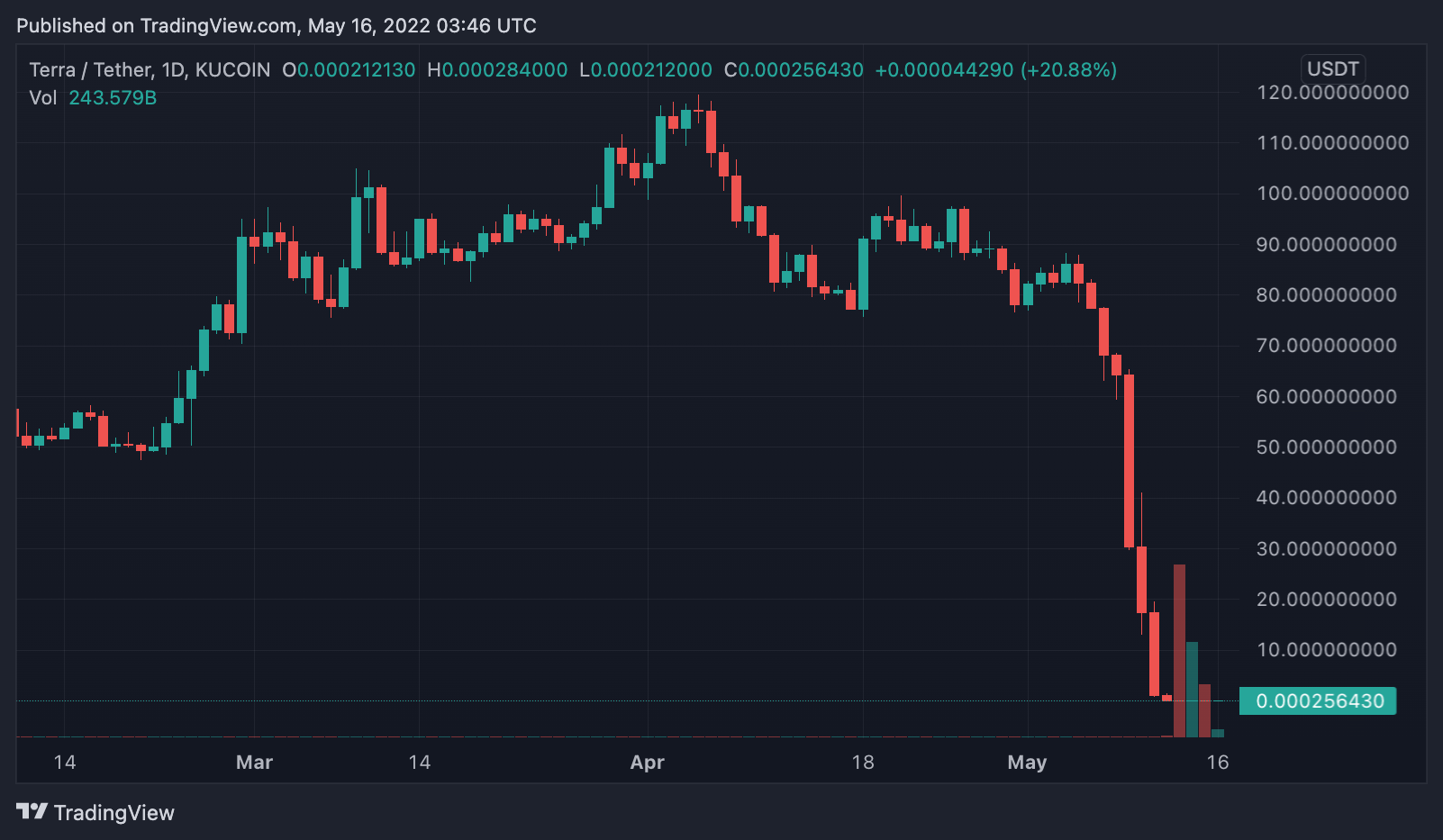Why Entrepreneurship is key to Economic Growth, especially in Emerging Markets
Why Entrepreneurship is key to Economic Growth, especially in Emerging Markets


Influenced by watching the tv-show Shark Tank every day, we have recently been writing a lot about “tech enabled” entrepreneurship and how we believe tech is lowering the barriers to doing business. However, we did not really substantiate the importance that entrepreneurship has. In this article we dig deeper.
Academics see entrepreneurs as the innovators, driving productivity and economic growth
Economic studies from around the world have linked entrepreneurship with rapid job creation, GDP growth, and long-term productivity increases. Indeed, in the academic explanation of modern growth – the period in which the per capita wealth generation went ballistic in the West after the 1700s – much weight is placed on the innovating role of the entrepreneur as the agent of “creative destruction” and “organiser” of capital and labour.
Many academics believe that such innovation on the back of entrepreneurship becomes especially more important as economies move from being resource-intensive to knowledge-intensive – a stage many developing markets currently find themselves in.
SME’s as vessel of entrepreneurial activity, play a major role in employment and productivity
In the study of economic development, SMEs are seen as the vessels for entrepreneurship. While their label may not signify great magnitude or prestige, one cannot overemphasize the importance that small and medium-sized enterprises (SMEs) play in the global economy.
They contribute up to 60% of total employment and up to 40% of national income (GDP) in emerging economies, according the World Bank. Seeing the essential role of SMEs in a nation’s development, the World Bank approved more than US$ 10 billion in SME support programmes over the period of 1998-2003.
The above stresses the important role entrepreneurs play in contributing to employment and adding to the greater well-being of society, especially in developing countries.
Emerging Markets Leapfrogging into the Future
 In the book Why Nations Fail, the M.I.T. economist Daron Acemoglu and the Harvard political scientist James A. Robinson make a strong case for entrepreneurship. However, they also argue that in many developing countries, entry barriers are playing a crucial role for aspiring entrepreneurs. Powerful groups often stand against economic progress, in fear that their economic privileges will be lost.
In the book Why Nations Fail, the M.I.T. economist Daron Acemoglu and the Harvard political scientist James A. Robinson make a strong case for entrepreneurship. However, they also argue that in many developing countries, entry barriers are playing a crucial role for aspiring entrepreneurs. Powerful groups often stand against economic progress, in fear that their economic privileges will be lost.
With their history characterized by authoritarianism and cronyism, developing countries can benefit enormously from the equalizing power of entrepreneurship.
These nations are in an advantageous position to innovate. For example, leapfrogging – using the lack of existing infrastructure as an opportunity to adopt the most advanced methods – has been an effective approach for developing markets. Instead of developing their own technology from scratch, they can adopt technologies created elsewhere.
Often used examples are how low-income countries that never established a telecommunications landline infrastructure or a retail banking system, bypassed those development stages with the use of mobile phones and the innovative financial services now made readily available.
Some examples of technologies that are expected to be used in emerging markets to leapfrog are blockchain, cloud computing, and solar power.
Empower the entrepreneurs
History has shown that countries that allow the whole entrepreneurship process to happen – from having an idea, starting a firm, and getting a loan – tend to see more rapid growth. Emerging markets are well positioned to let technology drive their economies forward. In Indonesia we see things are starting to take off. We are excited to see how things will play out.
Admin heyokha
Share
Influenced by watching the tv-show Shark Tank every day, we have recently been writing a lot about “tech enabled” entrepreneurship and how we believe tech is lowering the barriers to doing business. However, we did not really substantiate the importance that entrepreneurship has. In this article we dig deeper.
Academics see entrepreneurs as the innovators, driving productivity and economic growth
Economic studies from around the world have linked entrepreneurship with rapid job creation, GDP growth, and long-term productivity increases. Indeed, in the academic explanation of modern growth – the period in which the per capita wealth generation went ballistic in the West after the 1700s – much weight is placed on the innovating role of the entrepreneur as the agent of “creative destruction” and “organiser” of capital and labour.
Many academics believe that such innovation on the back of entrepreneurship becomes especially more important as economies move from being resource-intensive to knowledge-intensive – a stage many developing markets currently find themselves in.
SME’s as vessel of entrepreneurial activity, play a major role in employment and productivity
In the study of economic development, SMEs are seen as the vessels for entrepreneurship. While their label may not signify great magnitude or prestige, one cannot overemphasize the importance that small and medium-sized enterprises (SMEs) play in the global economy.
They contribute up to 60% of total employment and up to 40% of national income (GDP) in emerging economies, according the World Bank. Seeing the essential role of SMEs in a nation’s development, the World Bank approved more than US$ 10 billion in SME support programmes over the period of 1998-2003.
The above stresses the important role entrepreneurs play in contributing to employment and adding to the greater well-being of society, especially in developing countries.
Emerging Markets Leapfrogging into the Future
 In the book Why Nations Fail, the M.I.T. economist Daron Acemoglu and the Harvard political scientist James A. Robinson make a strong case for entrepreneurship. However, they also argue that in many developing countries, entry barriers are playing a crucial role for aspiring entrepreneurs. Powerful groups often stand against economic progress, in fear that their economic privileges will be lost.
In the book Why Nations Fail, the M.I.T. economist Daron Acemoglu and the Harvard political scientist James A. Robinson make a strong case for entrepreneurship. However, they also argue that in many developing countries, entry barriers are playing a crucial role for aspiring entrepreneurs. Powerful groups often stand against economic progress, in fear that their economic privileges will be lost.
With their history characterized by authoritarianism and cronyism, developing countries can benefit enormously from the equalizing power of entrepreneurship.
These nations are in an advantageous position to innovate. For example, leapfrogging – using the lack of existing infrastructure as an opportunity to adopt the most advanced methods – has been an effective approach for developing markets. Instead of developing their own technology from scratch, they can adopt technologies created elsewhere.
Often used examples are how low-income countries that never established a telecommunications landline infrastructure or a retail banking system, bypassed those development stages with the use of mobile phones and the innovative financial services now made readily available.
Some examples of technologies that are expected to be used in emerging markets to leapfrog are blockchain, cloud computing, and solar power.
Empower the entrepreneurs
History has shown that countries that allow the whole entrepreneurship process to happen – from having an idea, starting a firm, and getting a loan – tend to see more rapid growth. Emerging markets are well positioned to let technology drive their economies forward. In Indonesia we see things are starting to take off. We are excited to see how things will play out.
Admin heyokha
Share















